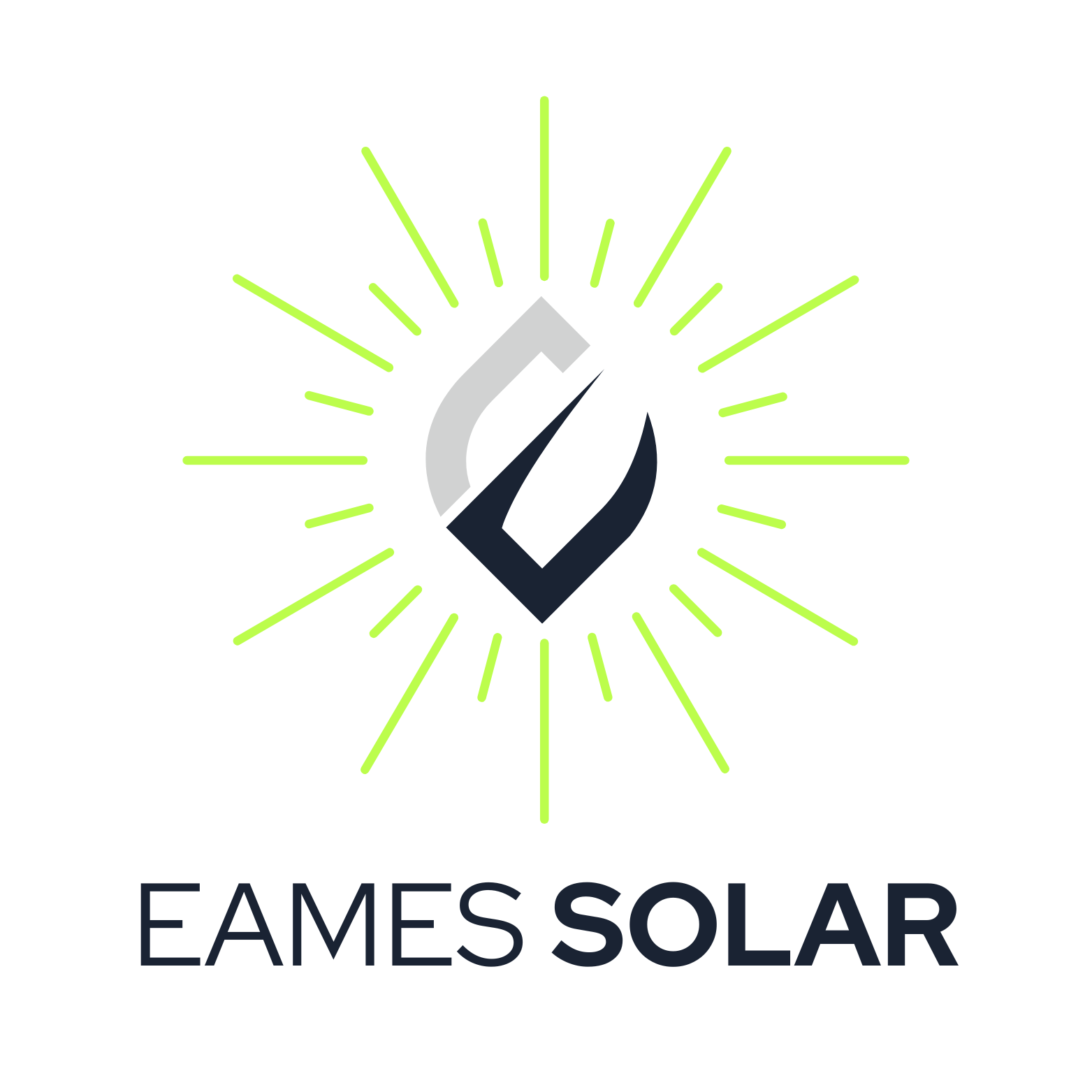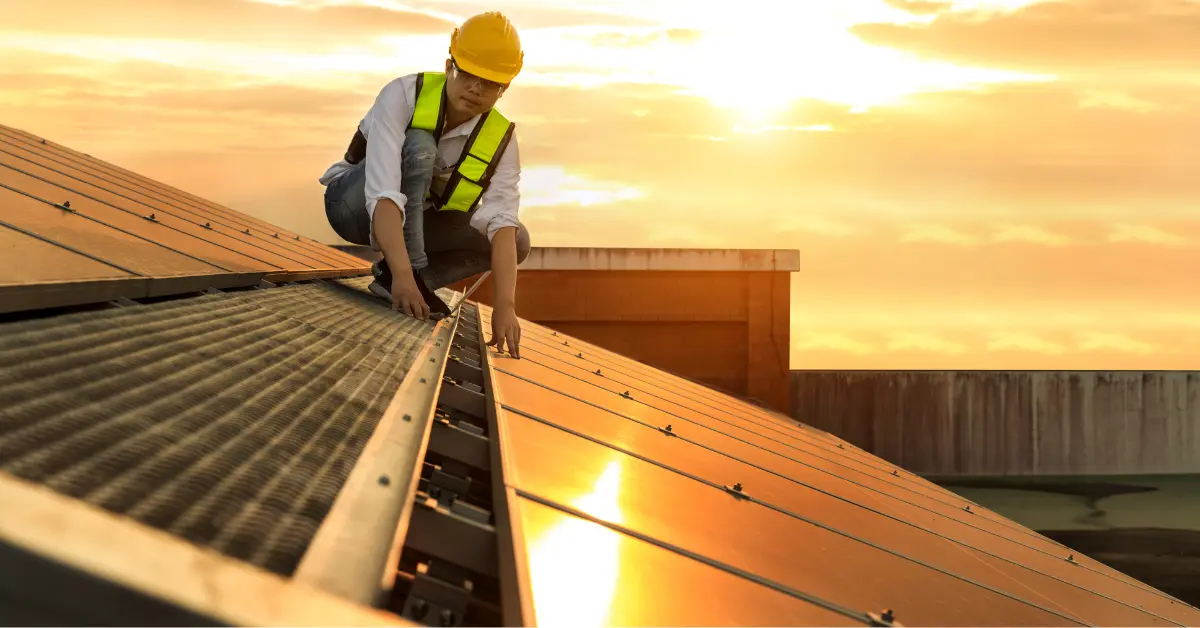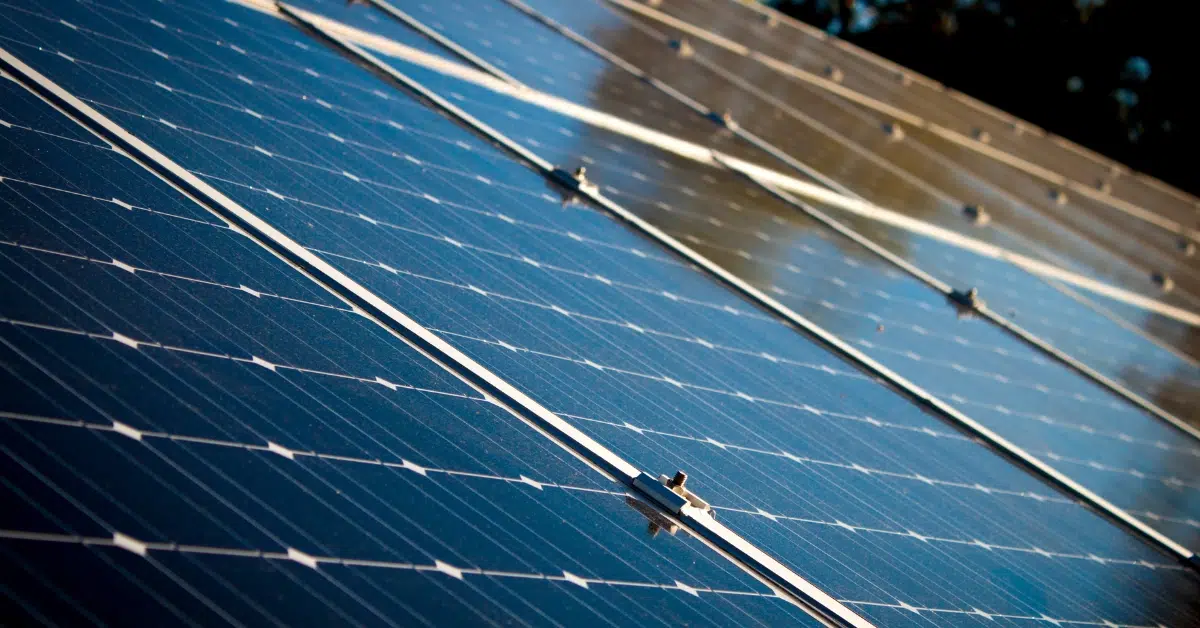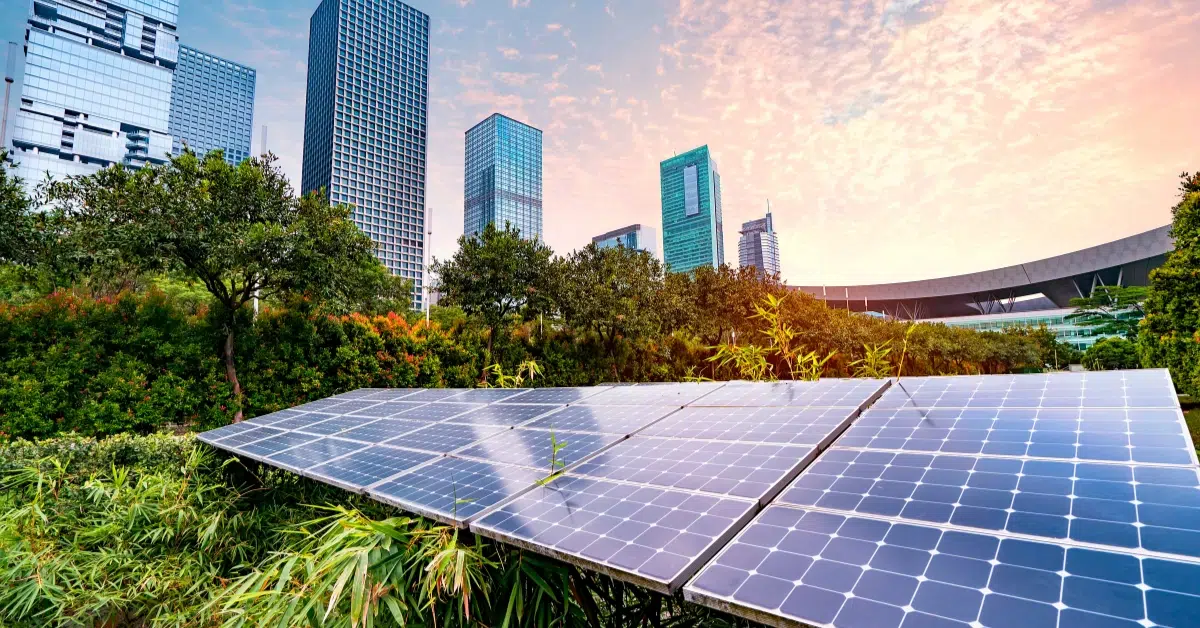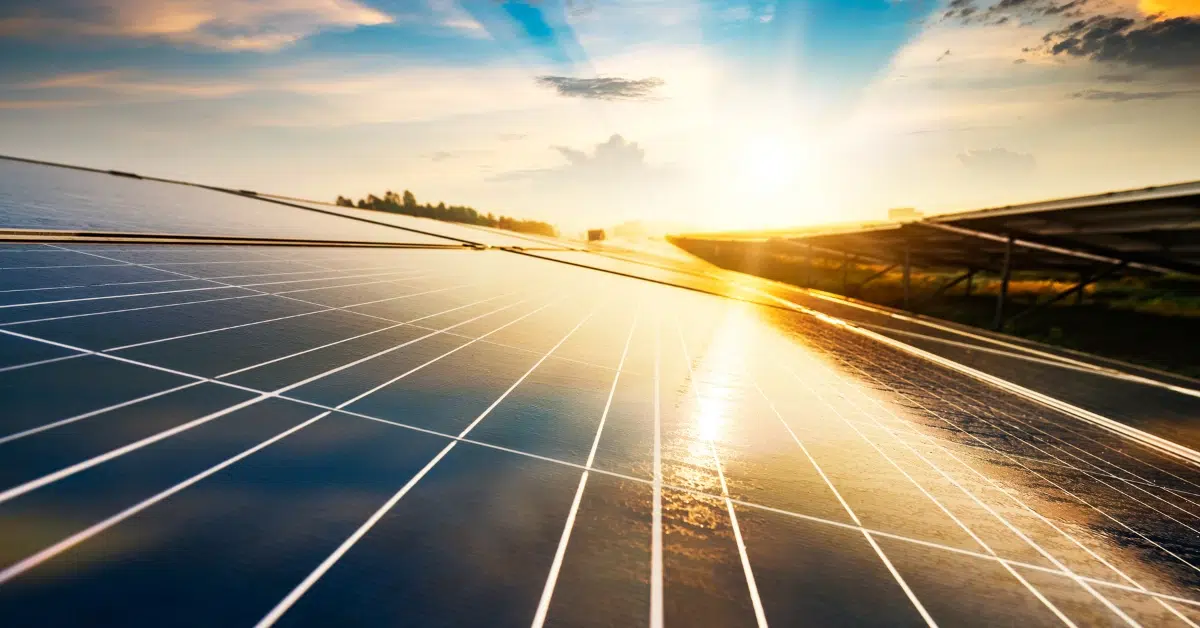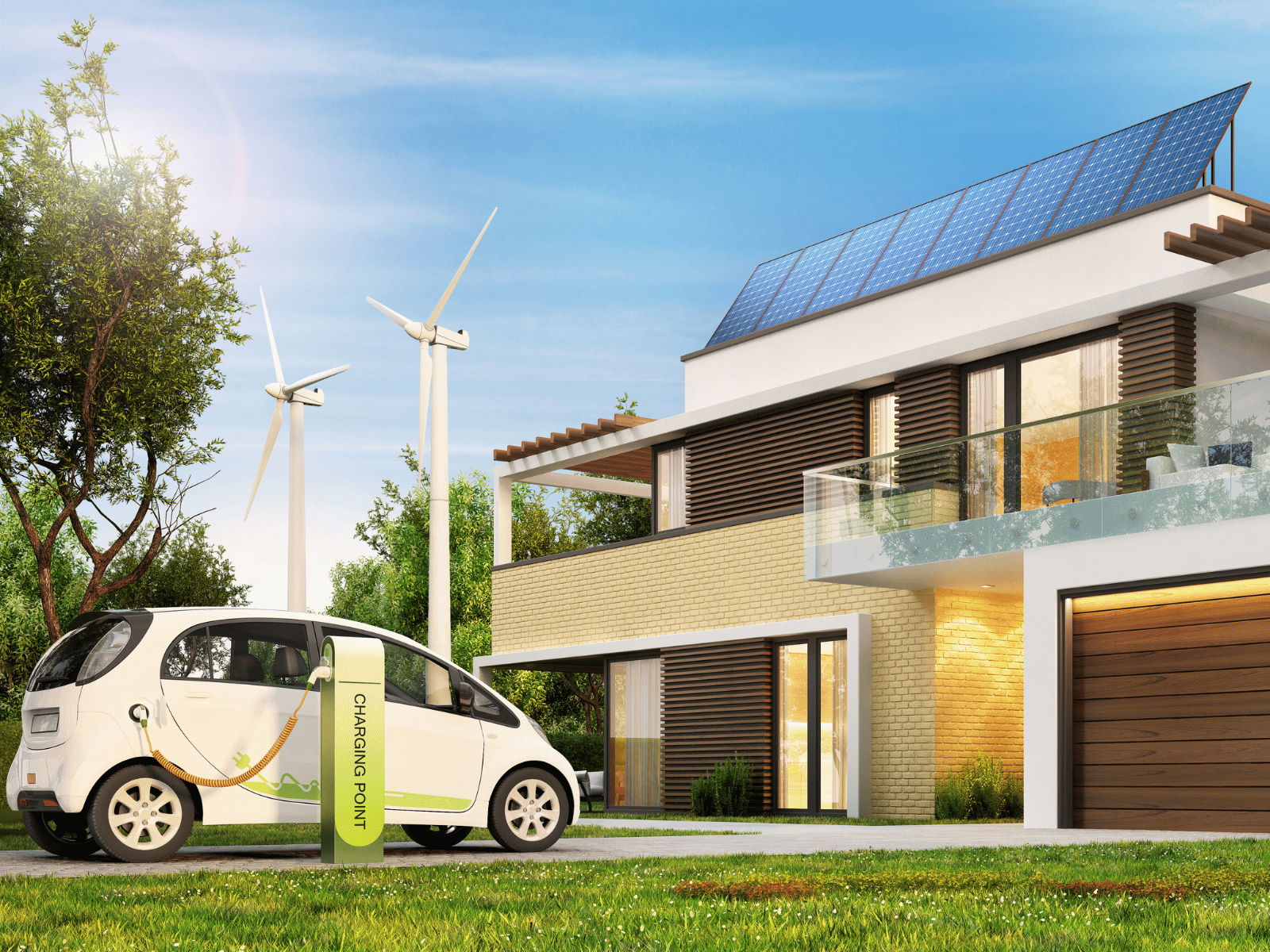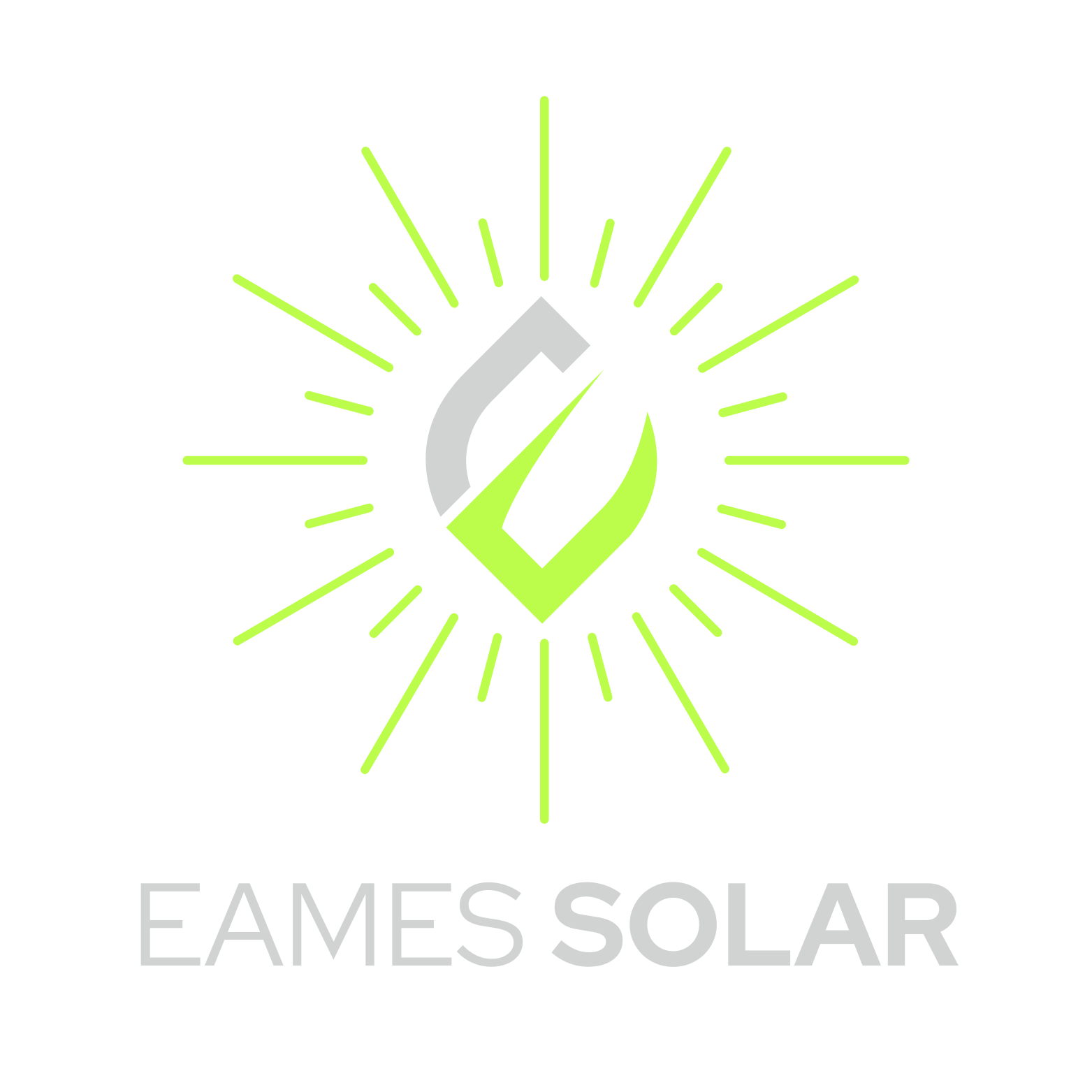Keeping solar panels clean ensures optimal performance. Regular cleaning can boost solar production by as much as 35%. Two main solutions exist for maintaining clean solar panels: robots and human services. Each method offers unique advantages and disadvantages. This blog aims to compare these solar panel cleaning solutions to help readers make informed decisions.
Overview of Solar Panel Cleaning Solutions
Importance of Solar Panel Maintenance
Impact on Efficiency
Maintaining clean solar panels is crucial for optimal performance. Dirt, dust, and debris can obstruct sunlight, reducing the efficiency of the panels. Studies show that regular cleaning can boost electricity production by up to 35%. Proper maintenance ensures that panels operate at maximum efficiency, which translates to higher energy output.
Long-term Benefits
Regular cleaning of solar panels offers long-term benefits. Clean panels have a longer lifespan and maintain their efficiency over time. Consistent maintenance prevents the buildup of contaminants that can cause permanent damage. This practice ensures a better return on investment and sustained energy production.
Common Solar Panel Cleaning Solutions
Manual Cleaning
Manual cleaning involves human labor to clean the panels. Workers use various tools and techniques to remove dirt and debris. This method allows for flexibility and adaptability in different installations. However, manual cleaning can be labor-intensive and may pose safety risks.
Automated Cleaning
Automated cleaning solutions utilize technology to clean solar panels without human intervention. These systems include solar panel cleaning robots and other automated mechanisms. Automated cleaning offers consistency and efficiency in maintaining clean panels. The initial investment may be high, but the long-term benefits often outweigh the costs.
Solar Panel Cleaning Robots
How Solar Cleaning Robots Work
Types of Cleaning Robots
Solar panel cleaning robots come in various types. Some robots operate semi-automatically, requiring an operator to control them remotely. These robots move along the panels using xy-axis coordinates. Other robots, like those developed by SolarCleano, function completely autonomously. These self-operating robotic solar panel cleaners need no human intervention during operation. Each type offers unique features and capabilities suited for different cleaning needs.
Technology and Features
Mechanised solar panel cleaning robots use advanced technology to ensure thorough cleaning. These robots often include sensors to detect dirt and debris on the panels. Many models feature brushes or water jets to remove contaminants effectively. Some robots can navigate different terrains, making them suitable for various installations. The solar panel cleaning machinery often includes safety mechanisms to prevent damage to the panels. High-quality manufacturers provide robust post-sale service to maintain the robots’ performance.
Pros of Using Robots
Efficiency and Speed
Solar panel cleaning robots offer significant advantages in terms of efficiency and speed. These robots can clean large areas quickly, reducing the time required for maintenance. Automated systems ensure that panels remain clean, maximizing energy production. The increased cleaning capacity of these robots enhances overall efficiency.
Consistency in Cleaning
Robots provide consistent cleaning results. Unlike manual methods, robotic solar panel cleaning ensures uniformity in removing dirt and debris. This consistency helps maintain optimal solar panel performance over time. Regular use of robots can prevent the buildup of contaminants, ensuring long-term benefits.
Reduced Labor Costs
Using solar panel cleaning robots reduces labor costs. Automated systems eliminate the need for extensive human labor. This reduction in labor expenses makes mechanised solar panel cleaning a cost-effective solution. The initial investment in robots often pays off through savings in labor costs.
Cons of Using Robots
Initial Investment Cost
The primary drawback of solar panel cleaning robots is the high initial investment cost. Purchasing and installing these robots require significant financial resources. However, the long-term benefits and savings often justify this expense.
Maintenance and Repairs
Solar panel cleaning machinery requires regular maintenance and occasional repairs. Ensuring that robots operate efficiently involves ongoing costs. High-quality post-sale service from manufacturers can mitigate some of these expenses. Proper maintenance is crucial to keep the robots functioning optimally.
Limitations in Complex Installations
Solar panel cleaning robots may face limitations in complex installations. Robots might struggle with irregularly shaped panels or installations with obstacles. Human intervention may still be necessary in such cases. Evaluating the suitability of robots for specific installations is essential before investing.
Human Solar Panel Cleaning Systems
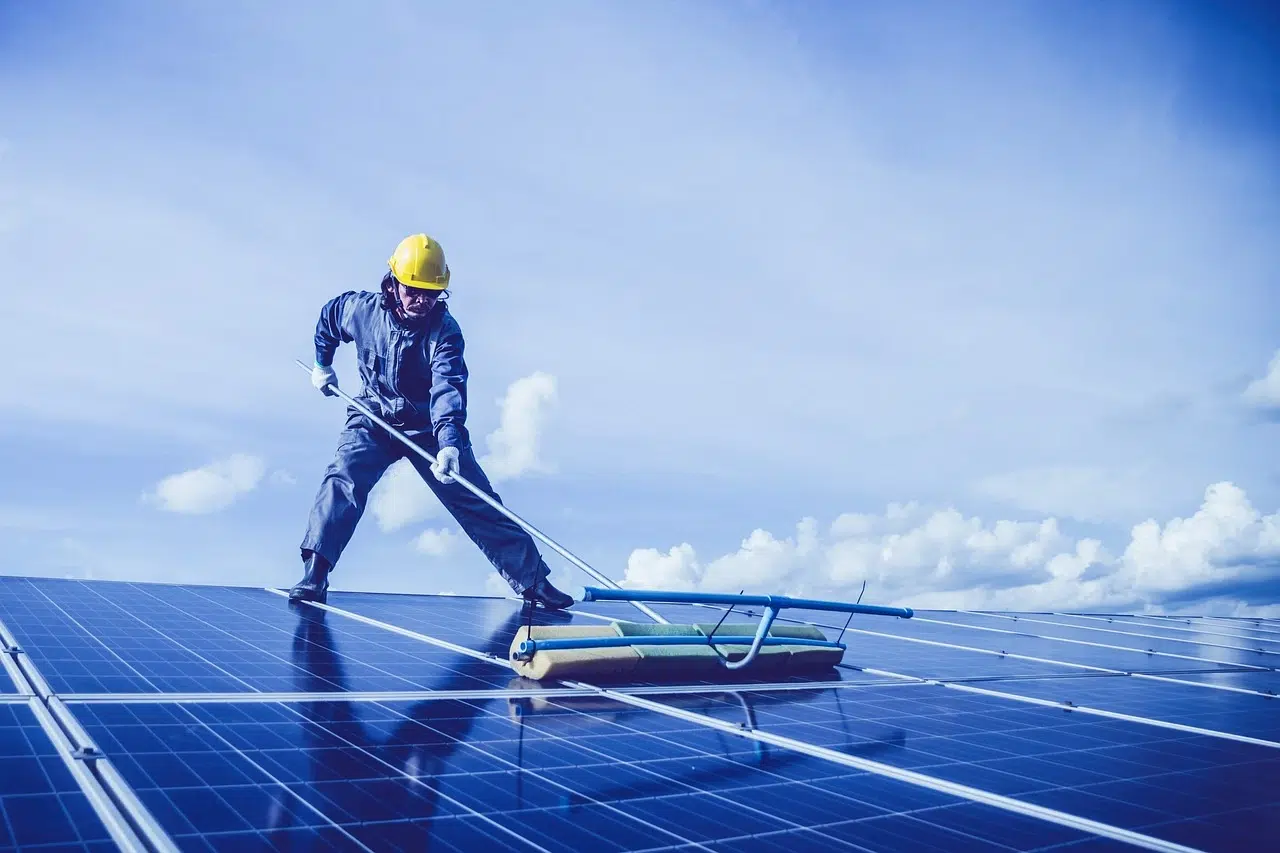
How They Operate
Services Offered
Human solar panel cleaning services provide comprehensive solutions for maintaining solar panels. Companies like Sun Service Specialists offer thorough cleaning to ensure optimal performance. Professionals remove dirt, dust, and other contaminants that obstruct sunlight. These services often include inspections to identify potential issues. Regular maintenance by experts helps sustain the efficiency of solar energy systems.
Equipment Used
Manual solar panel cleaning involves specialized equipment. Technicians use tools such as soft brushes, squeegees, and water-fed poles. These tools ensure that panels are cleaned without causing damage. Some services utilize low-pressure washers to remove stubborn debris. Eco-friendly cleaning agents are often used to minimize environmental impact. Safety gear, including harnesses and helmets, is essential for technicians working on rooftops.
Pros of Human Services
Flexibility and Adaptability
Human solar panel cleaning systems offer flexibility. Technicians can adapt to different installations, whether residential or commercial. This adaptability allows for customized cleaning solutions. Professionals can handle irregularly shaped panels and installations with obstacles. Human intervention ensures that all areas of the panels receive attention.
Expertise and Experience
Human services bring expertise and experience to solar panel cleaning. Trained professionals understand the nuances of maintaining solar panels. Their knowledge ensures that panels are cleaned effectively. Experts can also identify and address potential issues during the cleaning process. This expertise contributes to the long-term efficiency and performance of solar energy systems.
Ability to Handle Complex Installations
Human solar panel cleaning systems excel in handling complex installations. Technicians can navigate challenging environments, such as steep roofs and tight spaces. Their ability to manage intricate setups ensures thorough cleaning. This capability makes human services suitable for a wide range of solar panel installations. Professional intervention guarantees that even the most difficult areas are properly maintained.
Cons of Human Services
Higher Labor Costs
Human solar panel cleaning services involve higher labor costs. Employing trained professionals requires significant financial investment. The cost of manual labor can be substantial, especially for large-scale installations. These expenses can add up over time, making human services less cost-effective compared to automated solutions.
Inconsistency in Service Quality
The quality of manual solar panel cleaning can vary. Different technicians may deliver inconsistent results. Factors such as experience and technique can influence the effectiveness of the cleaning. Inconsistent service quality can impact the overall performance of solar panels. Ensuring uniformity in cleaning standards remains a challenge for human services.
Safety Concerns
Manual solar panel cleaning poses safety risks. Technicians often work at heights, which increases the potential for accidents. Proper safety measures are essential to prevent injuries. Despite precautions, the risk of falls and other accidents cannot be entirely eliminated. Safety concerns make manual cleaning a hazardous option for maintaining solar panels.
Comparative Analysis
Cost Comparison
Short-term vs Long-term Costs
When comparing the costs of solar panel cleaning robots and human services, consider both short-term and long-term expenses. Solar panel cleaning robots require a significant initial investment. This includes the purchase and installation of the robots. However, the long-term savings often justify this expense. Robots reduce labor costs and maintenance expenses over time.
Human solar panel cleaning services involve higher labor costs. Employing trained professionals requires ongoing financial investment. The cost of manual labor can be substantial, especially for large-scale installations. Over time, these expenses can add up, making human services less cost-effective compared to automated solutions.
Efficiency and Effectiveness
Cleaning Quality
Solar panel cleaning robots provide consistent and efficient cleaning results. These robots ensure uniformity in removing dirt and debris from panels. Consistent cleaning helps maintain optimal solar panel performance. Regular use of robots prevents the buildup of contaminants, ensuring long-term benefits.
Human services offer flexibility and adaptability. Technicians can handle irregularly shaped panels and installations with obstacles. This adaptability allows for customized cleaning solutions. However, the quality of manual cleaning can vary. Different technicians may deliver inconsistent results, impacting overall solar panel performance.
Time Taken
Robots clean large areas quickly. Automated systems reduce the time required for maintenance. This efficiency ensures that panels remain clean, maximizing energy production. The increased cleaning capacity of robots enhances overall efficiency.
Manual cleaning can be labor-intensive and time-consuming. Human technicians may take longer to clean large installations. The time taken for manual cleaning can impact the overall efficiency of solar panel maintenance.
Suitability for Different Installations
Residential vs Commercial
Residential solar panel cleaning often benefits from human services. Technicians can adapt to different residential installations. This flexibility allows for customized cleaning solutions. Human intervention ensures that all areas of the panels receive attention.
Commercial installations may benefit more from robotic cleaning. Robots can clean large commercial installations efficiently. The consistency and speed of robots make them suitable for commercial solar panel cleaning. Automated systems reduce labor costs and enhance overall efficiency.
Large-scale Solar Farms
Large-scale solar panel cleaning requires efficient and cost-effective solutions. Solar panel cleaning robots excel in large-scale installations. These robots can clean extensive areas quickly and consistently. The reduced labor costs and increased efficiency make robots ideal for large-scale solar farms.
Human services may struggle with large-scale installations. The labor-intensive nature of manual cleaning can be a drawback. Higher labor costs and longer cleaning times make human services less suitable for large-scale solar panel cleaning.
Future of Solar Panel Cleaning
Emerging Technologies in Solar Panel Cleaning Solutions
Innovations in Cleaning Agents
Innovative cleaning agents play a crucial role in maintaining the efficiency of solar panels. Researchers have developed advanced solutions that effectively remove dirt and debris without damaging the panels. For example, Chemitek Solar’s cleaning agents have been confirmed as safe for use on floating PV arrays. These agents ensure effective and eco-friendly cleaning solutions. The use of specialized cleaning agents can significantly enhance the performance and longevity of solar panels.
Use of Drones
Drones represent a cutting-edge technology in the field of solar panel cleaning. Equipped with advanced sensors and cleaning mechanisms, drones can access hard-to-reach areas and provide thorough cleaning. This technology offers a waterless, no-contact cleaning system that reduces dust accumulation and improves efficiency. MIT researchers have developed a waterless cleaning method that shows great promise. Drones can clean large installations quickly and efficiently, making them ideal for both residential and commercial applications.
Trends in Solar Panel Cleaning Systems
Automated Systems
Automated systems continue to gain traction in the solar panel cleaning industry. These systems include robotic cleaners that operate autonomously, ensuring consistent and efficient cleaning. Robotic cleaning systems offer a cost-effective and water-efficient alternative to manual methods. The increased efficiency and reduced labor costs make automated systems an attractive option for maintaining solar panels. The trend towards automation is expected to grow, driven by advancements in technology and the need for efficient maintenance solutions.
Eco-friendly Solutions
Eco-friendly solutions are becoming increasingly important in the solar panel cleaning industry. Companies are developing cleaning methods that minimize environmental impact. For instance, some services utilize low-pressure washers and eco-friendly cleaning agents to reduce water usage and chemical runoff. The focus on sustainability extends to the development of waterless cleaning technologies. These innovations not only improve the efficiency of solar panels but also contribute to environmental conservation. The future of solar panel cleaning will likely see a greater emphasis on eco-friendly practices.
The blog compared solar panel cleaning robots and human services. Each method offers unique benefits and drawbacks. Solar panel cleaning robots provide efficiency, speed, and reduced labor costs. Human services offer flexibility, expertise, and the ability to handle complex installations. Future trends in solar panel cleaning technology include innovations like RST Night Wash and the use of drones. These advancements promise to enhance efficiency and energy output. Assess individual needs to make an informed decision. Choose the right solution for optimal solar panel performance.
